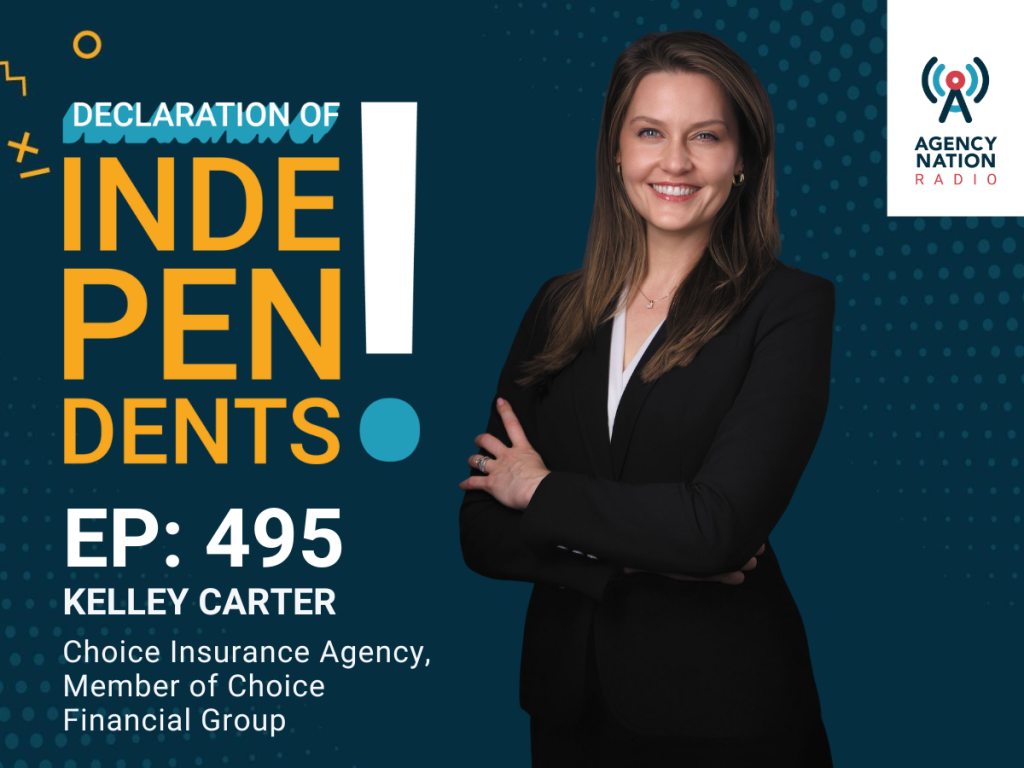5 Reasons to Add Surety to Your Portfolio

By: William Beebe
For too long, surety bonds have been a mystery to independent agents. Unless they work for an agency that has a surety specialist, agents tend to refer surety business elsewhere. But in doing so, they forego the opportunity to satisfy a client need, as well as earn additional income and build a surety book of business.
Almost every business needs a commercial bond at some point, whether it’s license and permit, miscellaneous, business services, or fidelity bonds. Individuals may need a probate bond for a guardianship, administrator or executor bond. Construction firms may need contract bonds when they bid on a job.
So why let that business go to someone else and run the risk of another agency taking away an account? Especially when most of the larger insurance carriers have bond representatives who can help you place a bond.
Don’t let inexperience with surety be a deterrent to including bonds in your portfolio of services. Here are five reasons why it’s never been a better time to sell surety:
1) Competitive market. Surety companies are always looking for agents to represent them, which puts you and your client in the driver’s seat.
2) High commissions. Commercial bond commissions start at 30%, which is considerably more than most property-casualty products.
3) Easy to write. Most commercial bonds only require an application and a credit check. Many companies have automated this process making it even easier for an agent to quickly place a bond.
4) Automatically renew. Many commercial bonds renew automatically, generating a recurring stream of income that doesn’t require any work on the agent’s part. While commercial bond premiums are relatively small, they can add up if you build a book of business.
5) Soft market. Sureties are eager to write new business and develop new agent partnerships.
A good way to get started in surety is to reach out to one of the carriers you already do business with to see if they have a bond representative in your area. Find out what resources and support they can provide. Do they have a presence in your market? Have they automated their underwriting? What level of authority will you have to execute a bond? Can they do electronic signatures? Does their system integrate with your agency management system?
Most insurance consumers don’t think of their independent insurance agent as a source for bonds, so let your clients know you can meet their surety needs. Also, your contractor clients may not realize how easy it is to get a small contract bond. For bonds under $400,000, you may be able to place them into a quick-bond program.
Surety is a relationship business. In general, a surety program isn’t shopped every year like commercial insurance. If you invest the time into the relationship with the customer and carrier, you’ll likely have that surety customer for many years.
William Beebe is sales leader for Westfield in Westfield Center, Ohio.










